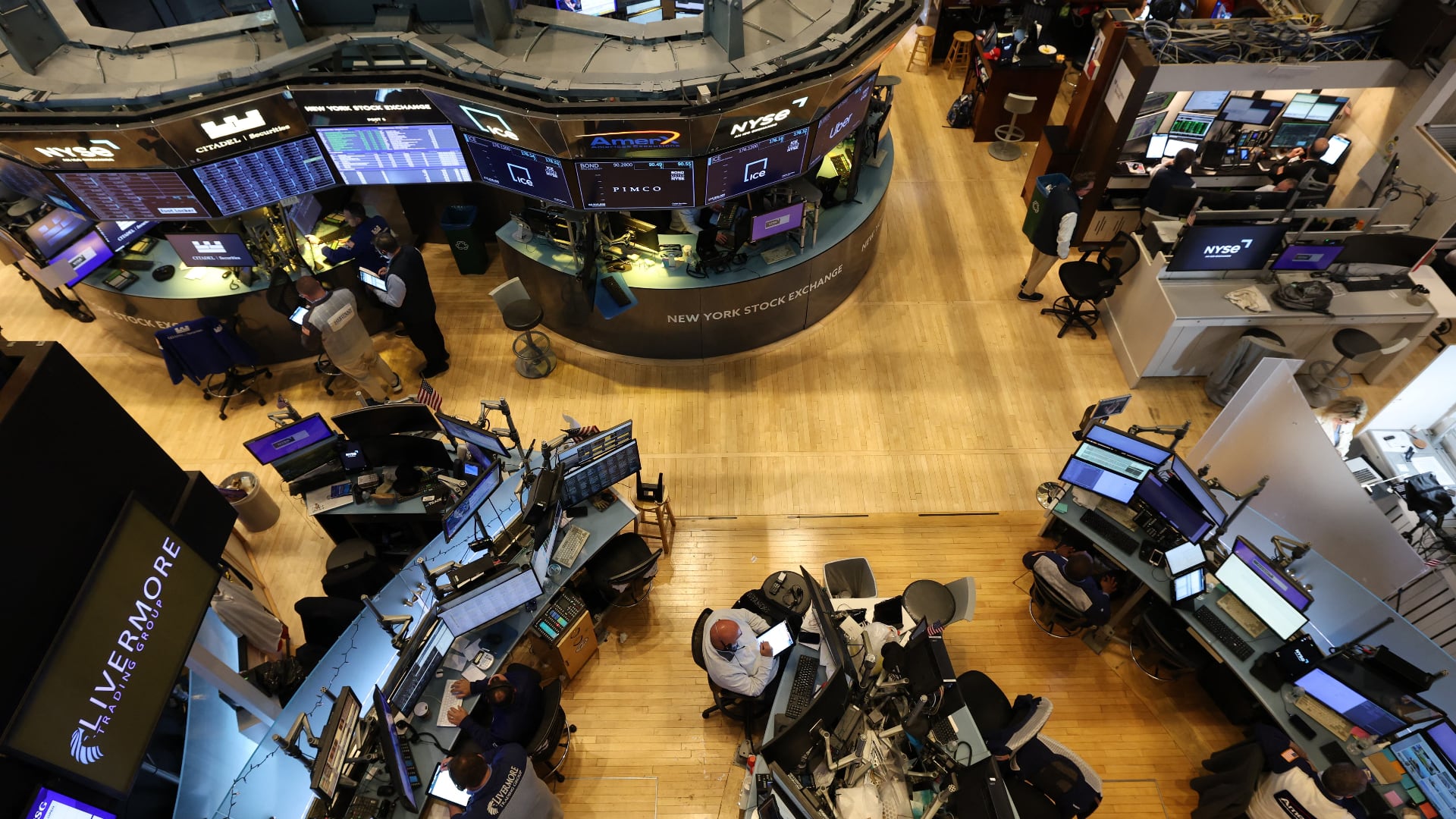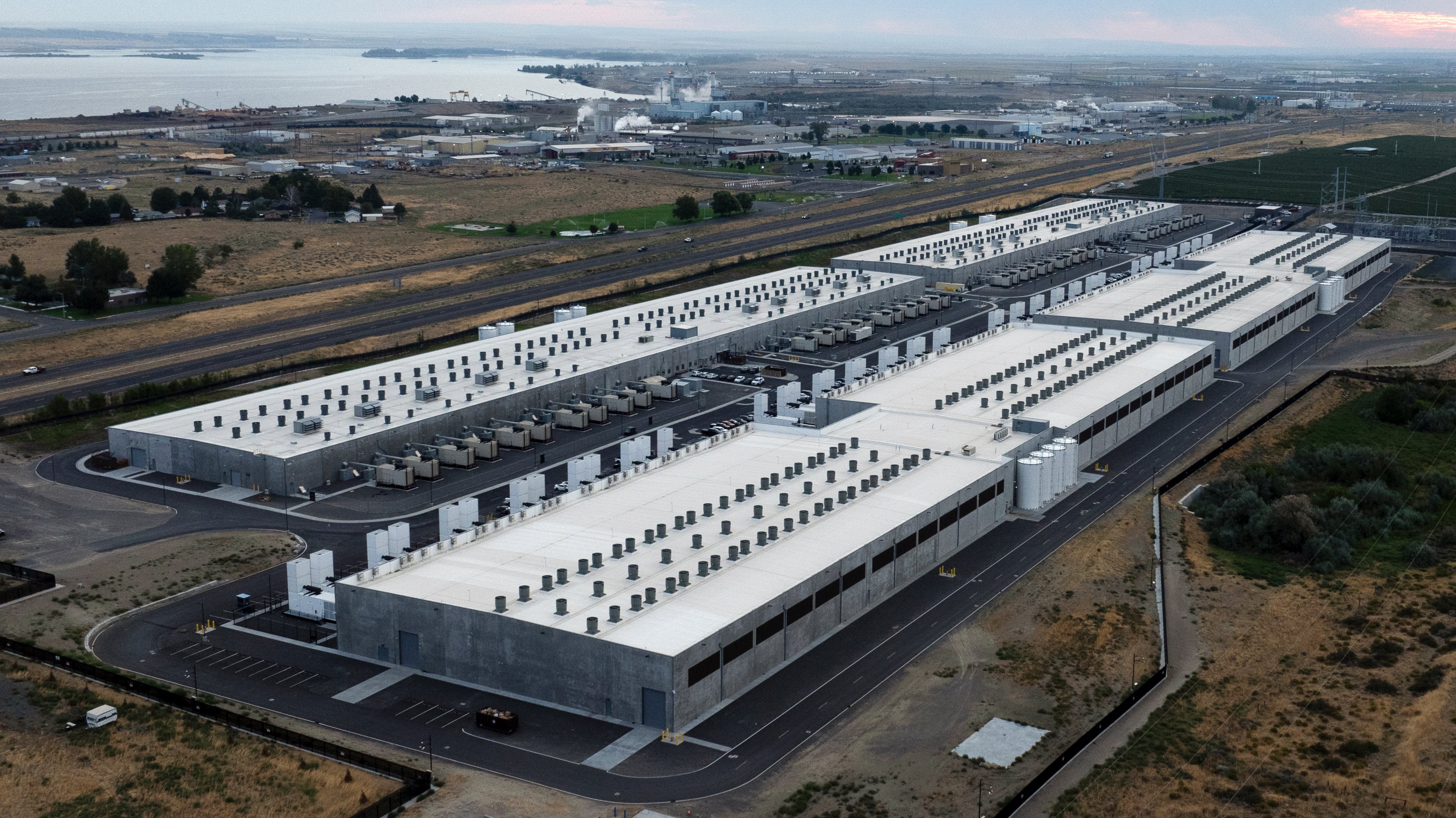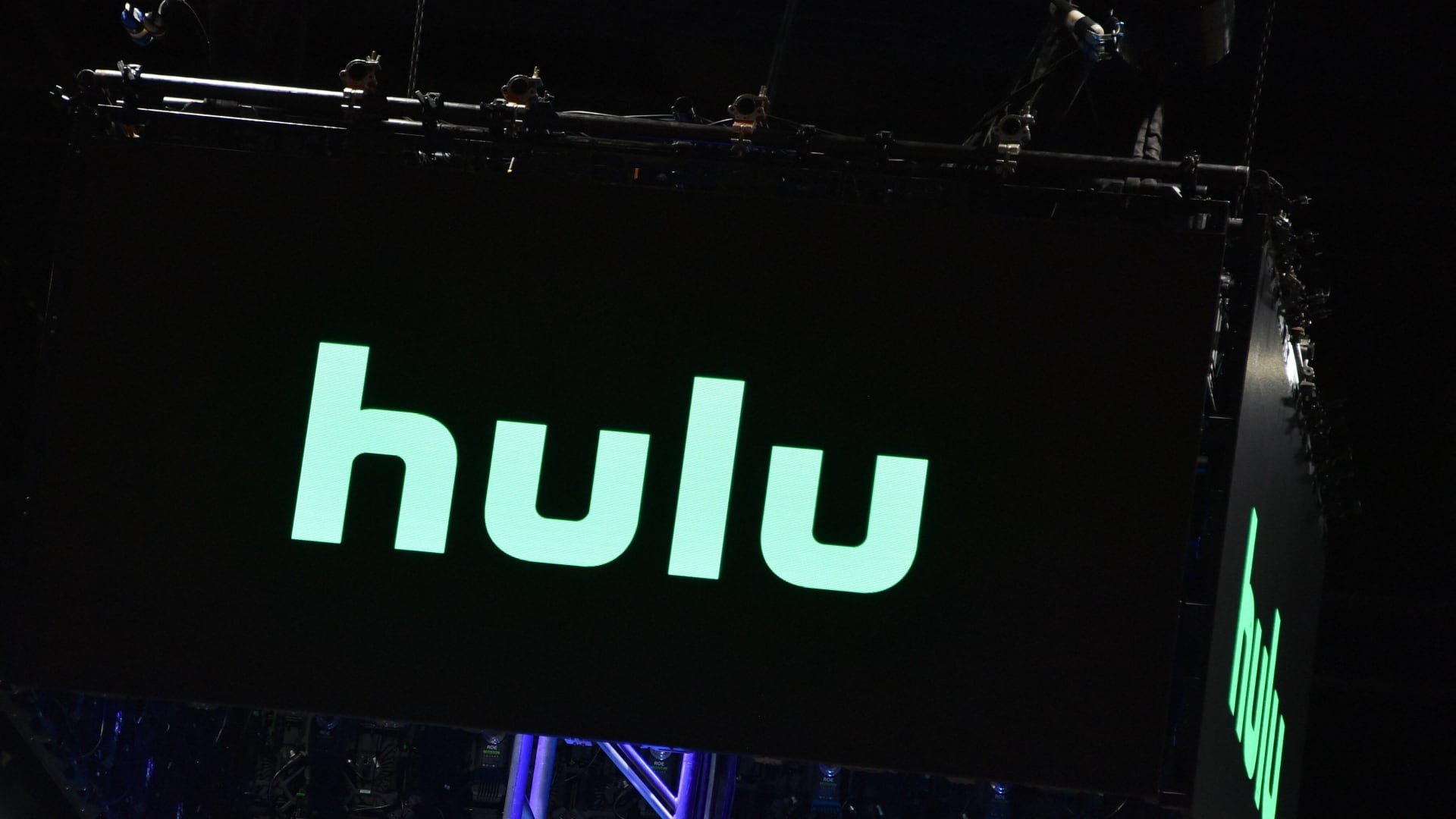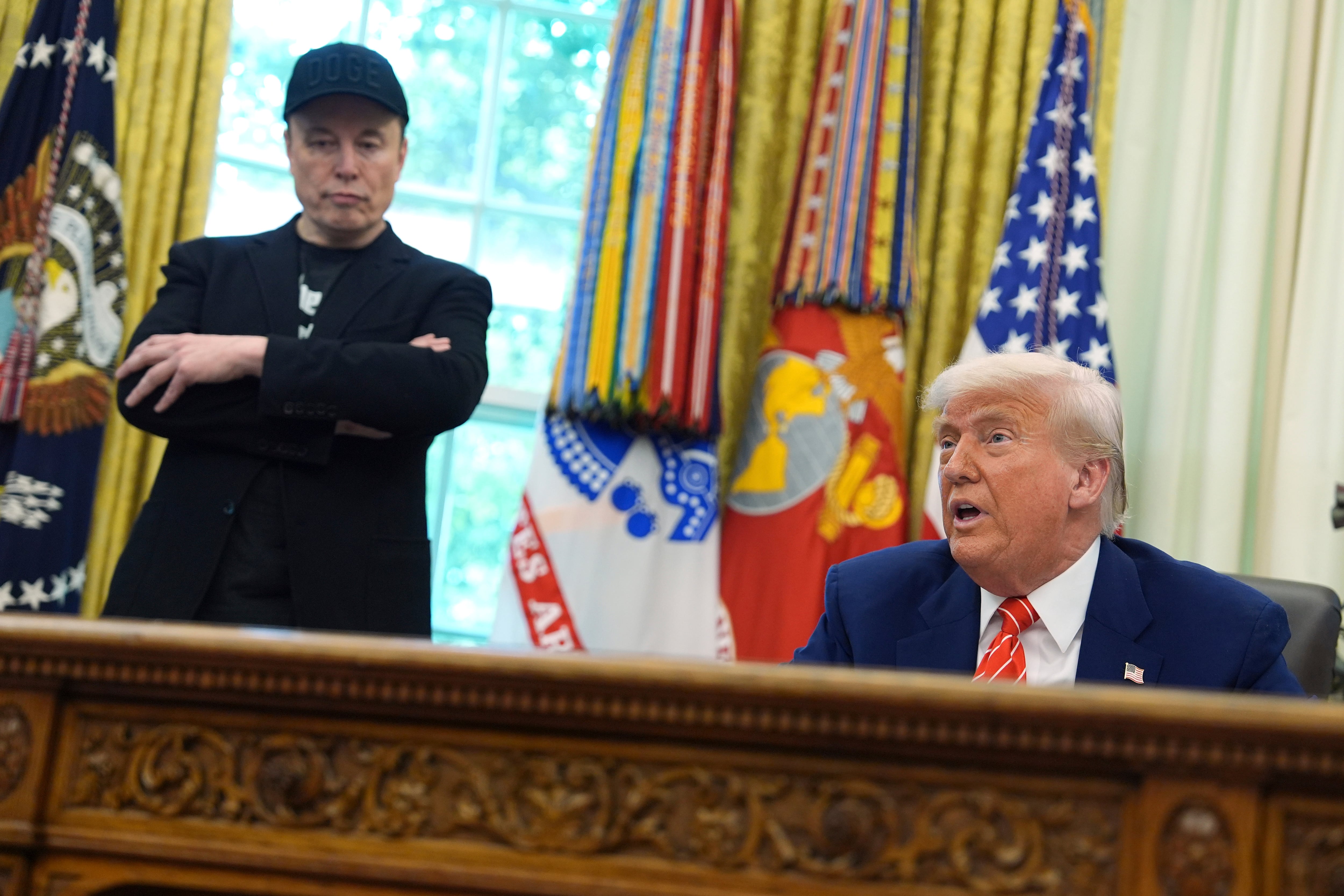*By Conor White* After a disappointing 2017, 2018 was a record-breaking year for the U.S. box office, as moviegoers shelled out more than $11.38 billion to see films like "Avengers: Infinity War," "Jurassic World: Fallen Kingdom," and "Mission Impossible: Fallout." But 2019 could be an even more important year for theaters. **Disney Set to Dominate** Disney was responsible for five of the top ten grossing films in 2018, including the top three: "Black Panther," the aforementioned "Avengers: Infinity War," and "Incredibles 2." Don't expect its stranglehold to loosen next year either. Here are just a few of the movies the House of Mouse will be releasing in 2019: "Avengers: Endgame," "Captain Marvel," "The Lion King," "Aladdin," "Dumbo," "Toy Story 4," and "Star Wars: Episode XI." **The Memory of MoviePass** After a turbulent 2018, which included several price changes and plan alterations, MoviePass is on life support, but the movie ticket subscription concept isn't going anywhere. Just six months after launching, AMC's A-List has 600,000 members while others like Sinemia and Cinemark's Movie Club are also finding success. Alamo Drafthouse's Season Pass is currently in beta, and other theater chains like Regal are expected to introduce their own options by the end of 2019 as well. Unfortunately it seems MoviePass will have to die in order for other subscription services to live. Parent company Helios and Matheson's stock is currently trading at two cents per share, a 100 percent decrease from the beginning of 2018. **Apple's Bite Out of the Box Office** The dark horse for movies in 2019? Apple. A24, the company behind Oscar winners like "Moonlight," "Room," and "Ex Machina" has signed a multi-year deal to produce films for the tech behemoth, but much isn't known beyond that. Will Apple aim for Disney and Marvel's blockbuster crown? Will the films be in theaters, or follow Netflix's path? Whatever it decides to do, Apple is set to impact yet another industry, and sooner than most people think.












